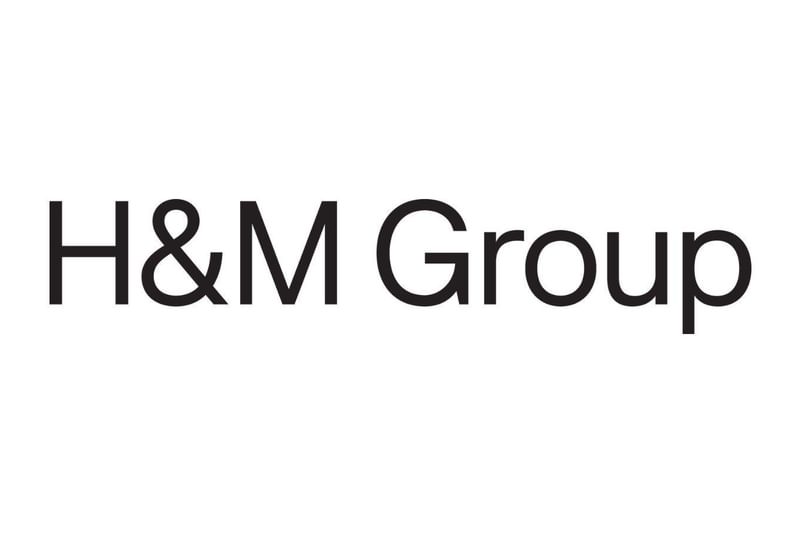
Statement on use of environmental attribute certificates, including but not limited to voluntary carbon markets
Nov 30th 2023
At the start of COP28, and considering the level of interest in this topic, the Science Based Target initiative (SBTi) is releasing a statement on the use of EACs, including but not limited to voluntary carbon markets.
Around 4,000 companies and financial institutions worldwide have set science-based targets and had them validated. Another 2,000 have committed to setting targets. This is a clear signal that business communities around the world are proactively taking charge of their decarbonization pathways.
Defining success under science-based and standardized approaches is essential to enable effective action and subsequently measure progress towards success.
With the increasingly widespread adoption of voluntary emission reduction targets, focus is shifting from the adoption to the implementation of these targets. The approaches companies take have substantial implications for a wide range of strategic, financial and operational decisions, with significant impact not only on the companies and their shareholders, but also on society, on the climate, and on the environment more broadly.
The SBTi has always followed the mitigation hierarchy in which companies' priority is to reduce their own GHG emissions and cut down emissions from their own organizations and value chains. Businesses understand they need to go further faster to combat the most devastating impact of climate change and hence reduce their exposure to risk. This involves cutting emissions rapidly from operations and value chains, and supporting decarbonization in other parts of the economy to reach net-zero emissions globally by mid-century.
Such type of investment into Beyond Value Chain mitigation (BVCM) can indeed unlock an array of opportunities, mitigate future risks and protect and enhance long-term value, thus accelerating the decarbonization trajectory of the world economy.
The SBTi does not have plans to validate BVCM claims and welcomes other actors' efforts in this field. We intend to soon publish our SBTi Beyond Value Chain Mitigation guidance which has gone through public consultation and is in its final phase of approval.
The SBTi recognizes that there is debate around the use of environmental attribute certificates - including but not limited to carbon credits - for abatement purposes too. Taking this debate into account in the most inclusive manner, we also recognize that, when properly supported by scientific evidence and well-defined policies, standards and procedures, such activities could function as an additional tool to tackle climate change.
To this end the SBTi, as a science-driven and evidence-based organization with a commitment to fact-based decision-making, has held a public Call for Evidence to gather objective data and scientific evidence on the effectiveness in the use of these instruments in tackling climate change.
Consequently the evidence available on the effectiveness of these instruments to drive Paris-aligned climate mitigation will inform their use in SBTi's standards. The relevant changes to SBTi guidance and/or standards shall follow SBTi standard-setting and governance procedures, including consultation with all the relevant stakeholders to ensure a fully coordinated approach.



